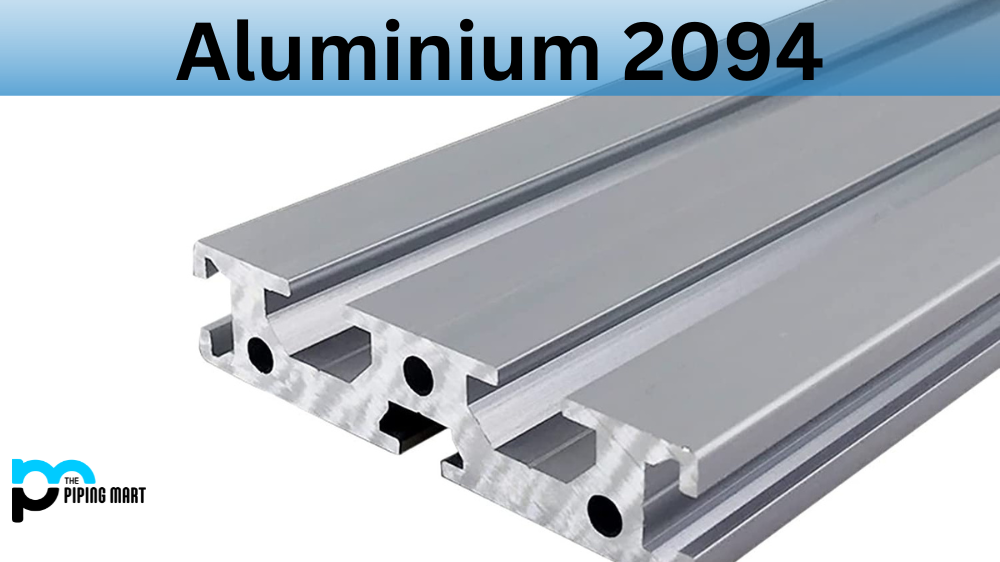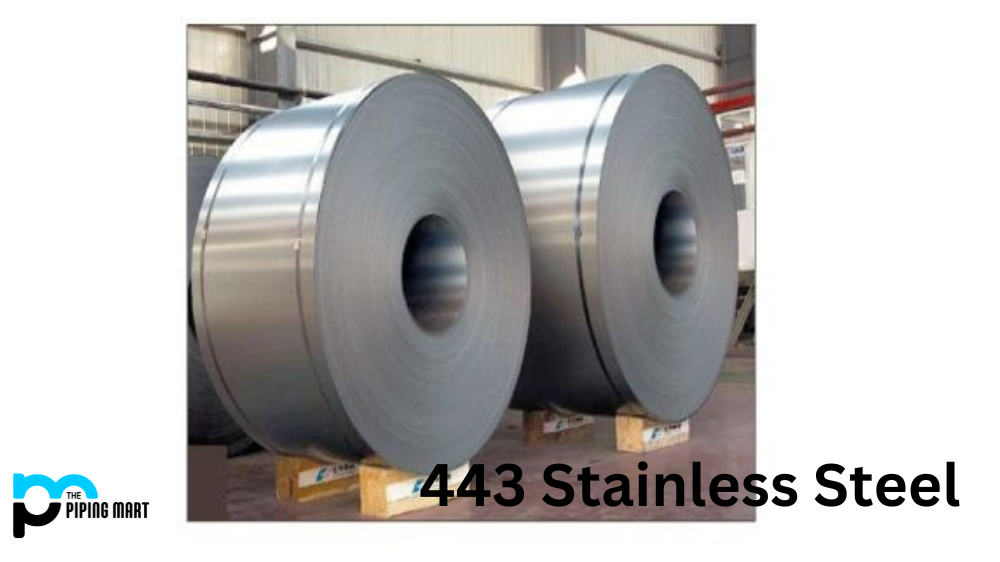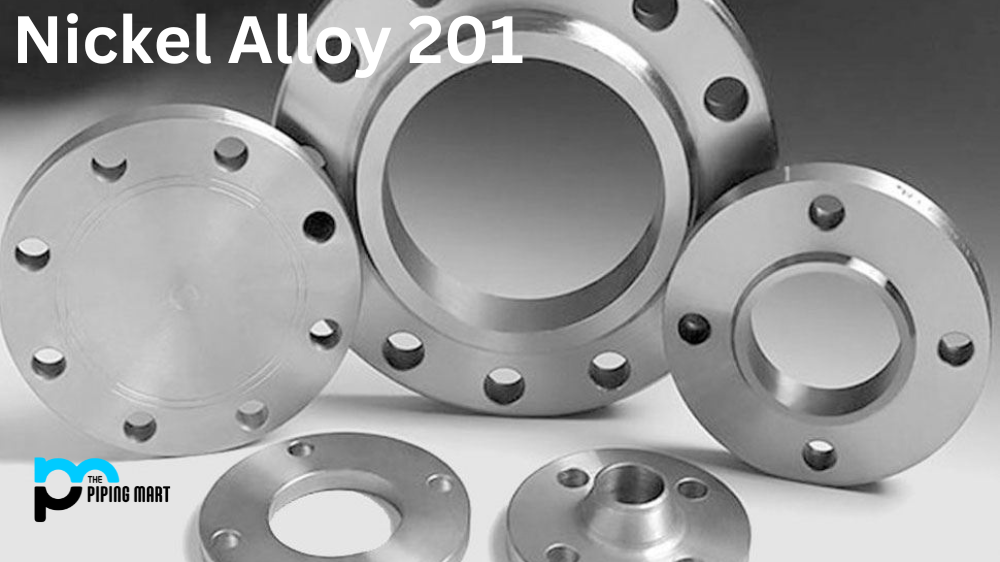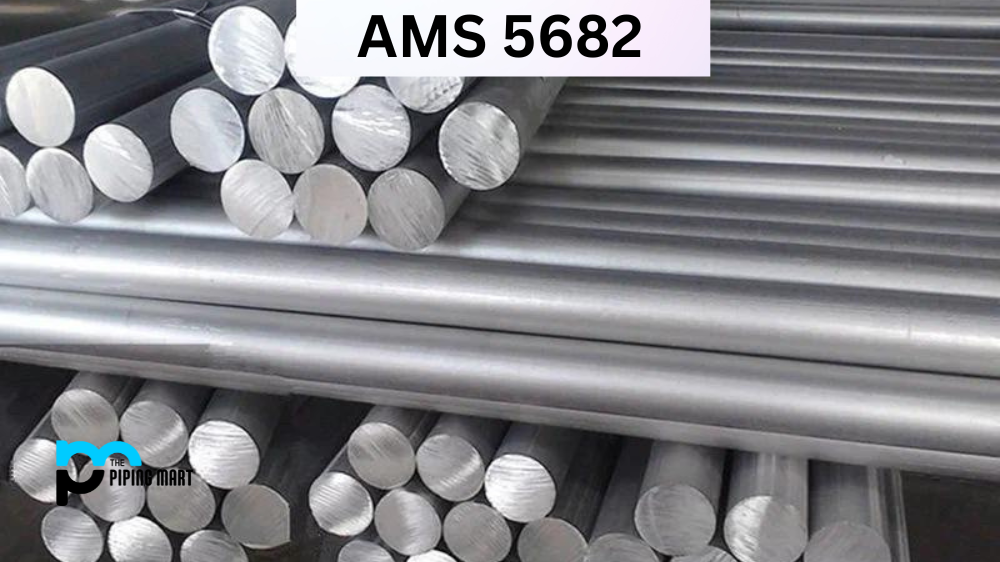Aluminium 2094 is an alloy in the 6000 series composed of 94% aluminium and 6% magnesium. This Alloy offers a range of properties, including high strength, excellent corrosion resistance, good weldability, and machinability. It is used in various industries, such as aerospace and automotive engineering. In this blog post, we will take a closer look at the composition, chemical properties, mechanical properties, physical properties, uses, corrosion resistance, heat resistance, and heat treatment of Aluminium 2094, as well as its machining and welding capabilities.
Aluminium 2094 Composition
AL 2094 consists of 94% aluminium and 6% magnesium. It also contains elements such as silicon (0.05-0.10%), copper (0.10-0.25%), titanium (0.02-0.20%), and chromium (up to 0.15%). These elements are added for improved formability and corrosion resistance.
| Element | Amount |
|---|---|
| Copper (Cu) | 4.40-5.20% |
| Lithium (Li) | 0.70-1.40% |
| Magnesium (Mg) | 0.25-0.80% |
| Manganese (Mn) | 0.25% |
| Zinc (Zn) | 0.25% |
| Silicon (Si) | 0.12% |
| Titanium (Ti) | 0.1% |
| Aluminum (Al) | rem% |
Aluminium 2094 Chemical Properties
Alloy 2094 has excellent chemical resistance to most acids and alkalis. Still, it is susceptible to stress corrosion cracking in chloride-containing environments like seawater or de-icing fluids used on aircraft in winter conditions.
Aluminium 2094 Mechanical Properties
The Alloy has good mechanical properties compared to 7000 series alloys due to its higher aluminium content combined with magnesium which increases the strength without sacrificing ductility or toughness.
Aluminium 2094 Physical Properties
Grade 2094 has a density of 2.7 g/cm3 (0.098 lbs/in3), which makes it lighter than other alloys in the same series while still offering good strength.
Aluminium 2094 Uses
Aluminium 2094 is commonly used in the aerospace industry for structural components due to its high strength-to-weight ratio. It can also be found in automotive engineering applications such as engine blocks or transmission components, where its high-temperature tolerance comes into play.
Corrosion Resistance
The Alloy shows good corrosion resistance against most common acids, alkalis, solvents, salts, gases, and organic compounds.
Heat Resistance
Aluminium 2094 can withstand temperatures up to 200°C (392°F) without experiencing any significant loss of strength or hardness.
Heat Treatment
The Alloy can be heat treated by either annealing or solution treating, depending on the desired outcome.
Machining
Due to its good machinability, this Alloy can be easily cut, drilled, tapped or formed using conventional methods.
Welding
Aluminium 2024 can be welded using MIG or TIG welding techniques with proper filler material selection for best results.
Conclusion
Aluminium 2094 is an ideal choice for use in many engineering applications due to its combination of high strength with low weight and excellent corrosion resistance combined with good mechanical properties at elevated temperatures, making it suitable for many automotive uses as well as aerospace applications where weight savings are important factors while still providing adequate performance under extreme conditions encountered during flight operations. Furthermore, its easy machinability makes it simple to shape, while its weldability allows it to be joined effectively when necessary making it one of the most versatile alloys available today!

A passionate metal industry expert and blogger. With over 5 years of experience in the field, Palak brings a wealth of knowledge and insight to her writing. Whether discussing the latest trends in the metal industry or sharing tips, she is dedicated to helping others succeed in the metal industry.




